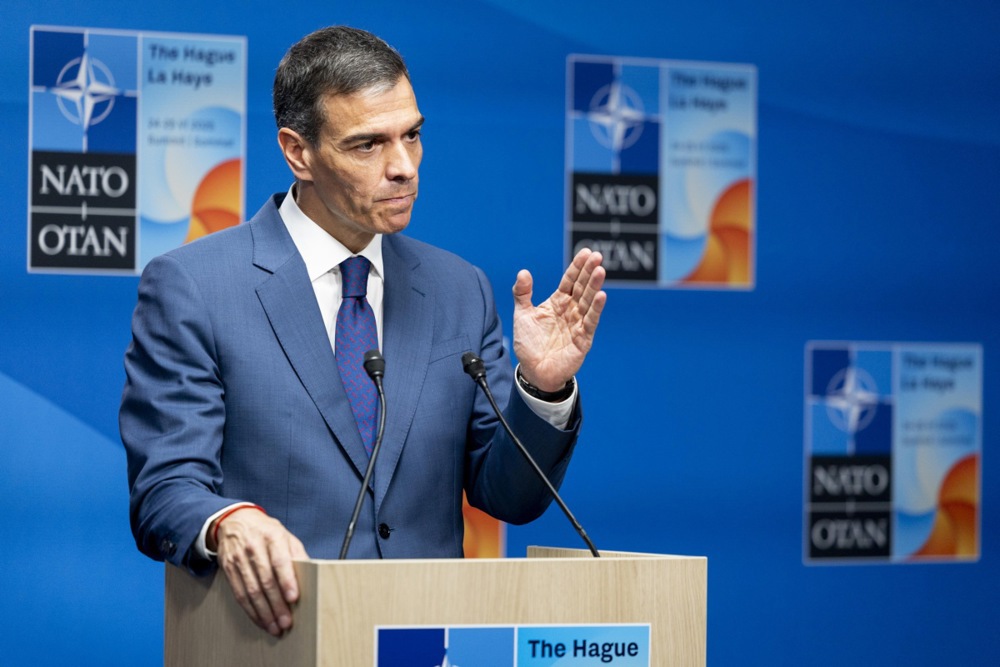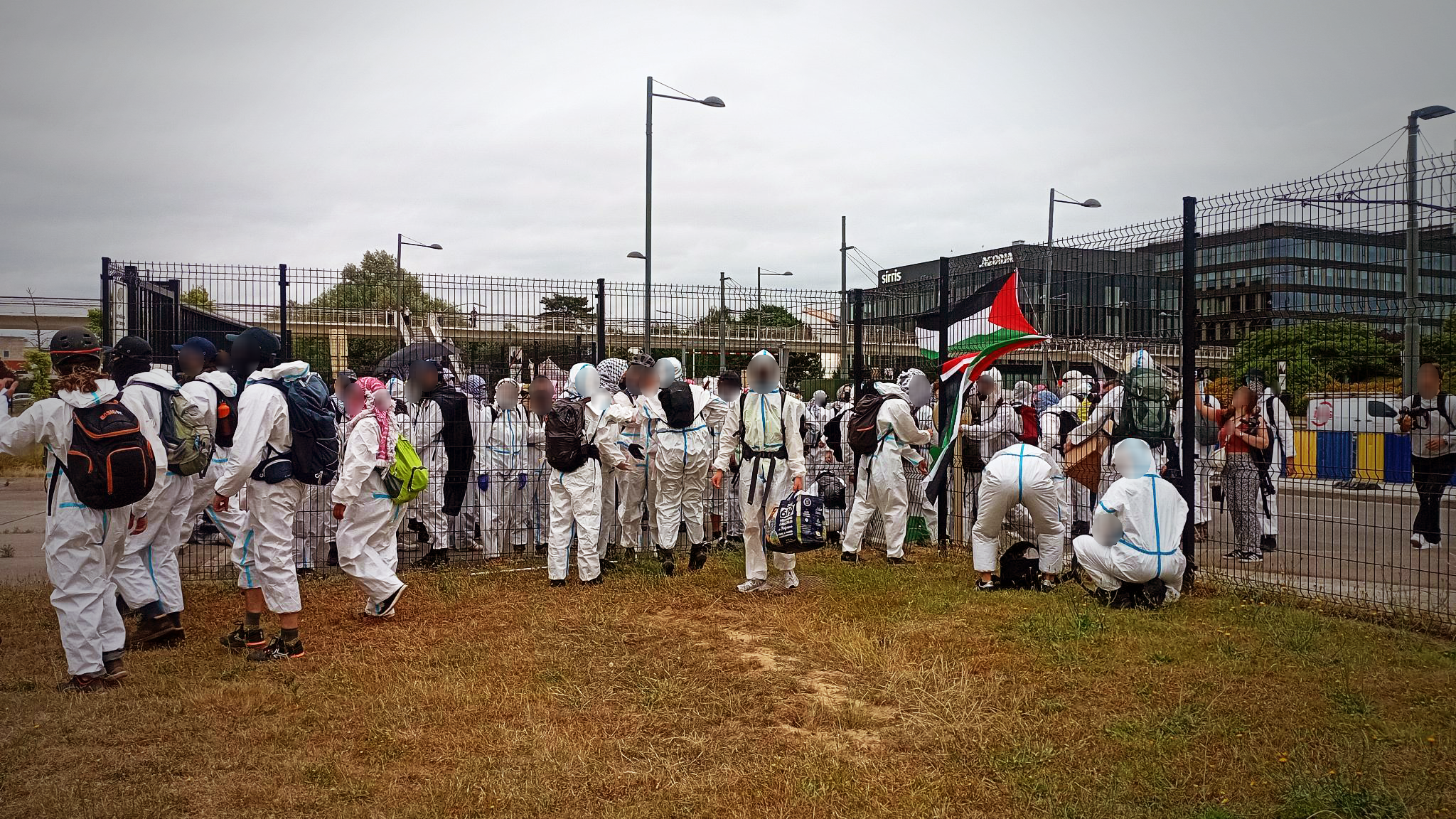Lithuania and the Philippines agreed to create a security alliance to counter perceived escalating aggression from China.
The two countries’ defence ministers signed a June 30 memorandum of understanding in Manilla.
There was a new “authoritarian axis” that included Russia, China, North Korea, and Iran, and democratic countries had to offer a unified response to this growing threat, Lithuanian defence minister Dovilė Šakalienė told a news conference.
“There is one common threat that underlies our partnership,” said her Philippine counterpart Gilberto Teodoro.
The two countries agreed to cooperate in cybersecurity, defence industries, munition production and maritime security.
Authoritarian states are already “collaborating very efficiently,” Šakalienė said.
Ukraine demonstrated “one of the most alarming outcomes of this cooperation,” she said.
“Russia, supported by Iran, North Korea, and China, is devastating a free and independent country in the heart of Europe,” and their collective actions pose a significant threat to the free world and global democracy, a threat we cannot afford to ignore”, she added.
China also showed aggression towards Filipino fishermen in the Beijing-claimed South China Sea, she said.
Disturbing videos show Chinese forces threatening and mistreating Filipino fishermen who are merely trying to earn a living in their own waters. Šakalienė added.
“If they unite to threaten us, we must unite to defend ourselves and send a clear strategic message: we will not be intimidated,” she said.
The new partnership would also extend to combating disinformation, and enhancing civil defence and societal resilience, the defence ministers said.
“Our strategic commitment to the Indo-Pacific is laid out in our new strategy for defence and security engagement in this region,” said Šakaliene.
This broader strategy was announced at the Shangri-La Dialogue security forum in Singapore June 1, and “we already have some defence engagements with the Philippines,” Šakaliene added.
Teodoro said while the two countries came from different regions, they faced similar threats and from the same actors.
“We must resist and insist on the proper application of international law — UNCLOS [the United Nations Convention on the Law of the Sea] and other international norms — and resist any attempt to unilaterally redefine them,” he said.
Upholding international law is crucial for protecting the territorial integrity and sovereignty of smaller nations, he added.
And smaller countries like the Philippines and Lithuania “must resist any unilateral attempts to reinterpret maritime law and the international order to benefit new powers seeking global dominance at the expense of smaller nations,” said Teodoro.
The partnership announcement comes as the Philippines has actively tried to form security partnerships with countries in Asia and the West in response to Chinese actions.
At the same time, Lithuania’s relationship with Beijing has deteriorated, leading it to form closer ties with democratic Taiwan, and other Asian democracies as a result.
COMMENT: Lithuania knows how to have a backbone against China, the EU should take note, writes @AJConstantini https://t.co/S4mYbpAXQz
— Brussels Signal (@brusselssignal) May 2, 2025





